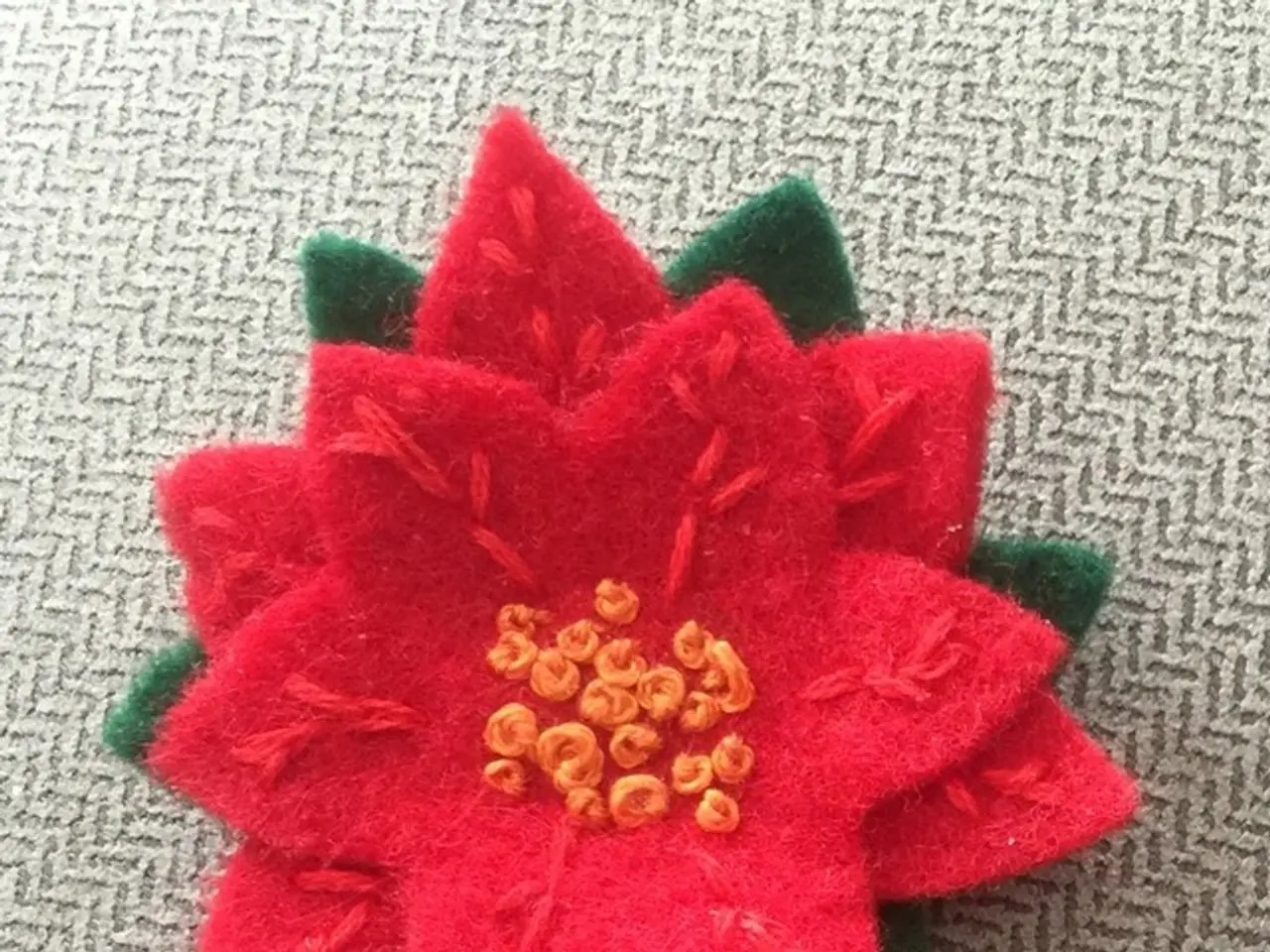Comprehensive Guide to Eco-Friendly Floorings
In the world of interior design, sustainability is becoming an increasingly important consideration. Here's a rundown of some eco-friendly flooring options that are both stylish and kind to the environment.
Reclaimed hardwood flooring is a popular choice, lending a rustic charm to any space. This type of flooring is made from old wooden structures that have been repurposed, reducing waste and promoting sustainability.
Another sustainable option is leather flooring. While not traditionally associated with flooring, recycled leather can be used to create durable and unique flooring solutions.
Natural fiber carpets, such as those made from wool, are also worth considering. Wool carpets are soft, cozy, and eco-friendly. They are a natural and renewable resource, making them a great choice for those looking to reduce their carbon footprint.
Linoleum, a flooring material made from a linseed oil mixture, resins, and wood fillers, is another sustainable option. Linoleum is durable, fire-retardant, water-resistant, and beneficial for allergy and asthma sufferers.
Bamboo is a stylish and functional flooring choice that resembles hardwood. It grows quickly, making it more readily available, and is a sustainable alternative to traditional hardwood flooring.
Cork flooring, derived from the bark of cork oak trees, is naturally water-resistant and resistant to destruction caused by termites or bugs. It's a unique and eco-friendly option for those looking for something a bit different.
Sustainably-made rubber flooring can be recycled into flooring for gyms, playgrounds, and other spaces requiring a smooth surface. It is also suitable for use in kitchens, bathrooms, sunrooms, etc. Rubber flooring, when produced from renewable sources, is a great choice for those looking for a durable, sustainable flooring solution.
However, it's important to note that only 9% of plastic is currently being recycled. This statistic highlights the importance of considering sustainable options like those mentioned above.
Recycled glass tiles are another eco-friendly option, adding a touch of elegance to any space.
Polyester Berber carpet, while not traditionally considered a sustainable option, can be made from recycled materials, reducing waste and promoting sustainability.
The use of rubber produced from renewable sources as flooring material in buildings began in the year 1900, demonstrating that sustainable flooring solutions have been around for over a century.
By choosing sustainable flooring options, we can make a positive impact on the environment while still maintaining style and functionality in our homes and businesses.
Read also:
- Peptide YY (PYY): Exploring its Role in Appetite Suppression, Intestinal Health, and Cognitive Links
- Toddler Health: Rotavirus Signs, Origins, and Potential Complications
- Digestive issues and heart discomfort: Root causes and associated health conditions
- House Infernos: Deadly Hazards Surpassing the Flames








